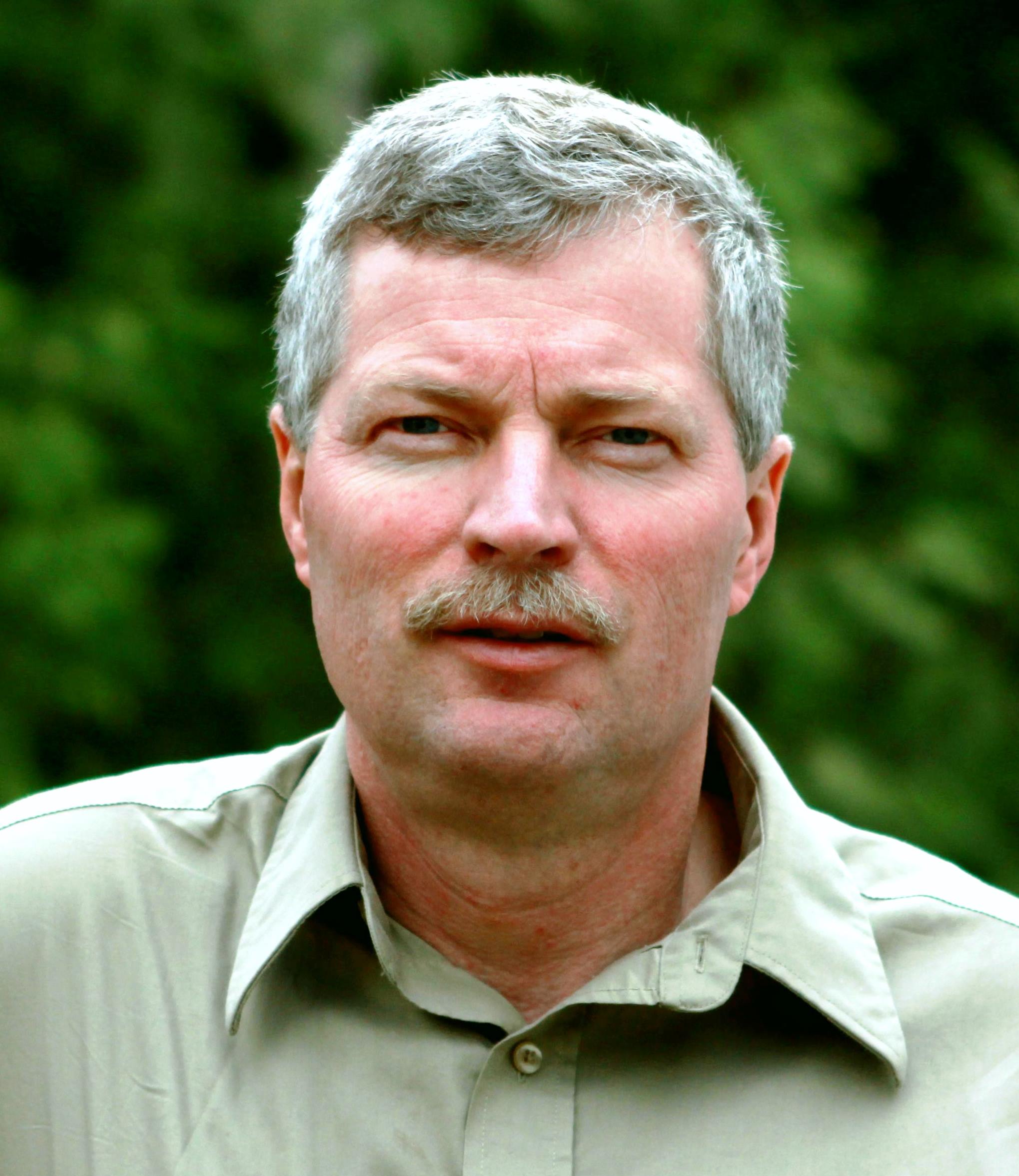Tom Al obtained his PhD from the University of Waterloo in 1996, he worked as Professor at the University of New Brunswick until he moved to the University of Ottawa in 2015. Tom specializes in the geochemical interaction between groundwater and aquifer minerals. He conducts research in various geological / anthropogenic contexts such as the studies of mine waste, prevention of groundwater contamination and the integrity of host rocks for establishment of a possible long-term deep geological repository for radioactive waste. Tom teaches Hydrogeology and Aqueous Inorganic Geochemistry and Modelling, and manages a team of post-graduate students and staff on the different research projects. The work that Tom and his team is involved with makes use of a wide range of state-of-the-art analytical techniques to determine the chemical and isotopic composition of rocks, minerals and water, and to understand the transport and reaction of solutes in groundwater systems.
Tom Al

Profile
Department of Earth and Environmental Sciences
Faculty of Science
Biography
Research
His research is focused on understanding geochemical reaction processes between groundwater and minerals that affect the transport and distribution of natural and anthropogenic (contaminant) species. This involves aqueous geochemistry, mineralogy and hydrogeology. The research is commonly tied to the need to ensure secure management of waste materials from industries such as metal mining and nuclear power generation, but also involves studies of natural and anthropogenic contamination in aquifers. In many cases, advancement of the science requires development of new experimental and measurement techniques. Examples include the following:
- Development of spectroscopic methods for measuring nanoscale oxidation state changes in minerals adjacent to fractures in bedrock, as an aid to predicting the depth of penetration of potentially corrosive oxidizing fluids in potential host rocks for a geological repository of radioactive waste
- Development of non-destructive x-ray imaging techniques for measuring diffusion properties of rocks
- Characterization of pore-water geochemistry in low-permeability sedimentary rocks
Type of Student Support He Seeks
Curiosity, enthusiasm, and diligence are key attributes, along with and the ability to work well independently, but students are part of a larger research team, so they should also be cooperative in a shared lab environment and should work to develop collaborative skills that enhance and broaden their knowledge. Most projects require experimental design and operation with meticulous record keeping and attention to detail. Strong communication skills are required at all stages, from interaction with colleagues in the lab to presentation of their work to the research team and to a broader audience at conferences.
Research Question Examples a Student He Supervises Could Work On
Most of his research is technical and very specific in areas that intersect with the fields of groundwater geochemistry, low-temperature mineralogy and hydrogeology. This means he is commonly dealing with issues of importance to society, such as:
- nuclear waste management,
- mine-waste management,
- groundwater contamination,
- aquifer protection.
He welcomes enquiries from students interested in these issues.